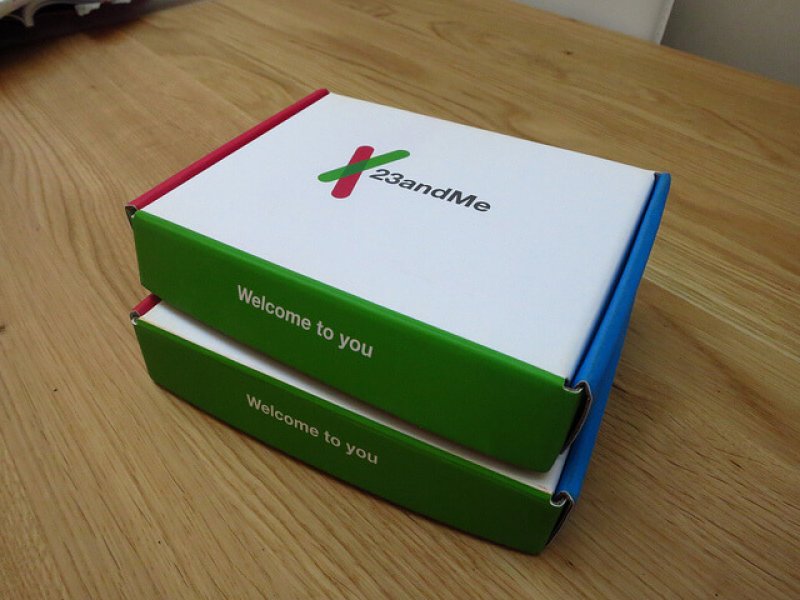Six months ago, the Federal Drug Administration (FDA) told direct-to-consumer genetic testing company 23andMe it could no longer report health results to customers because the company had not complied with the agency’s regulatory requirements, and more significantly, because of the potential harm the results could pose to customers. Those harms included potential changes a customer might make without consulting their doctors like altering a dose of medicine, undergoing procedures to diagnose or treat a condition (a prophylactic double mastectomy was mentioned often in media reports) or cause general and unwarranted anxiety or, potentially worse, false peace of mind.
Bioethicist Effy Vayena in the Journal of Medical Ethics has examined the arguments both for and against direct-to-consumer (DTC) genetic testing through the prism of philosopher Joseph Raz’s theory of personal autonomy. Her goal is to put value to the increase or decrease in personal freedom through access to or restriction from personal genetic information.
The arguments against allowing direct to consumer testing in Vayena’s analysis are consumers could grow to believe that the test information is accurate enough to be ‘medically actionable’ and that even if that’s true, consumers might not be able to effectively apply that information. “These risks,” Vayena says, “can have various undesirable knock-on effects, such as bad decision making about diagnostic procedure or lifestyle, needless distress, inappropriate use of resources, and so on.” Vayena suggests that the data on DTC genetic testing consumer behavior shows that these aren’t issues:
While evidence is not conclusive, most studies that have been conducted so far show that consumers do not suffer psychological harms, nor do they take action to alter their lifestyle in response to their genomic profiles. Studies have also shown that there is no increase in the use of health services attributable to the consumers receiving DTC genomic data.
Furthermore, she writes, people evaluate and act on (or ignore) probabilistic information all the time, without the ‘harm principle’ being argued:
Dealing with probabilistic data is a recurrent feature of decision making well beyond the medical context. It is hardly a problem uniquely posed by genetic information, and to present it as such smacks of genetic exceptionalism. For example, easily accessible data such as one’s Body Mass Index, or blood cholesterol readings, or more complex information resulting from family history, has predictive value about one’s health. Such information often has greater predictive weight than genetic information, but no argument regarding autonomy impairment has been made in this context, even if the understanding of such predictions on the part of the individual may be limited. Ultimately people integrate such information into decisions they make about their lives (by acting upon it or ignoring it).
The informed consent process surrounding DTC genetic testing should be beefed up, according to Vayena, but the benefit of access to information outweighs any potential harm to personal autonomy.
Read the full, original story: Direct-to-consumer genomics on the scales of autonomy
Additional Resources:
- FDA halt of 23andMe test kit could stall progress in personal genomics, Genetic Literacy Project
- FDA action against 23andMe reveals importance of communication in regulatory process, Genetic Literacy Project
- Angelina Jolie fallout: Should counseling be required with DNA screenings?, Genetic Literacy Project































